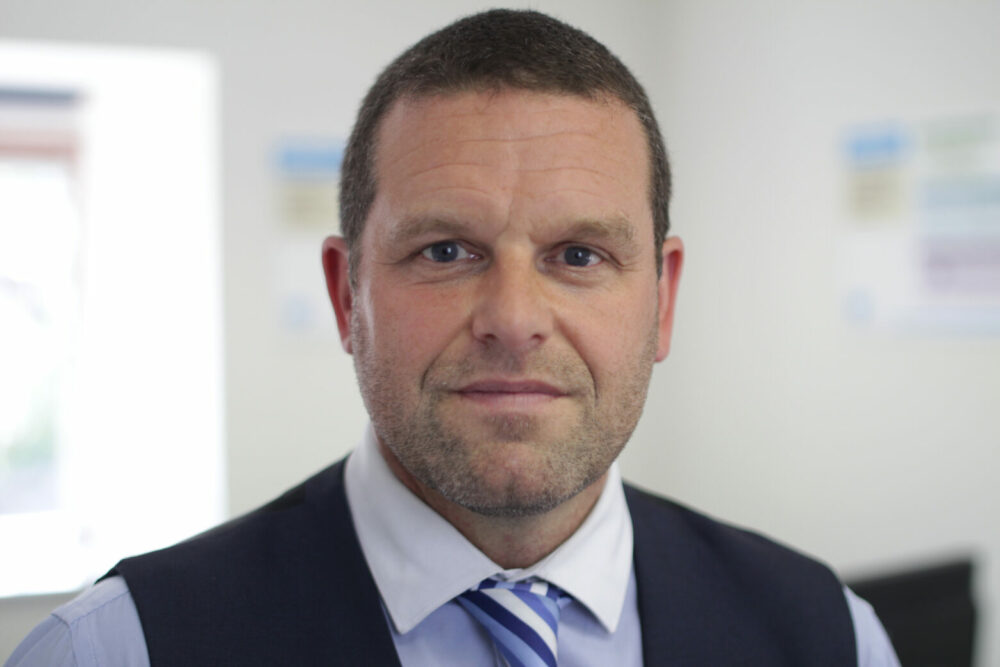Mark Waddington, CEO at Hope and Homes for Children, reacts to the Chancellor of the Exchequer’s decision to cut the UK’s aid budget.
The UK has established itself as an aid global superpower. The commitment to allocating 0.7% of our Gross National Income to aid had cross-party support and was enshrined in legislation.
One of the reasons why there’s been such a strong political consensus on this commitment is because of the impact UK Aid has had on the lives of millions of people, and because of its stabilising effect in some of the most troubled locations on the planet.
The latter point is important, because the decision to reduce the UK Aid budget was made on the basis of the national interest. The argument goes that cutting funds for humanitarian and development spending means we will have more to allocate to domestic priorities, or the option to not spend it and reduce the national debt. However, treating the allocation purely in fiscal terms does not allow for a rounded value judgement.
Why is giving aid important for the UK?
The stabilising effect of aid is self-evidently in our own national interest, especially in an age when radicalisation and terrorism gain such widespread traction wherever instability flourishes. Aid is also an important tool for winning the cooperation of, and for investing in, the capability of other countries to address critical issues as diverse as cyber-security and public health—which link back to our own, very present national interests. Ebola. Covid. If we do not recognise the importance of investment in ways that project our capability to protect us—and aid is central to that—then we are not really holding true to our national interests.
“If we do not recognise the importance of investment in ways that project our capability to protect us—and aid is central to that—then we are not really holding true to our national interests.”
These national interests—and their value to our economy and security—should have been placed alongside the fiscal dividends of cutting the aid budget to allow for a transparent and balanced debate that any democracy should have if it is to overturn legislation that was a consequence of electoral manifesto commitments made by all parties.
Such a debate should also recognise the substantial opportunity cost associated with any cut to the aid budget. Over several decades the quality and scale of our contributions has established the UK as one of the most respected providers of aid globally. This allowed us to build and leverage influence that goes well beyond a country of our size.
“The quality and scale of our contributions has established the UK as one of the most respected providers of aid globally. This allowed us to build and leverage influence that goes well beyond a country of our size. This capability will now diminish”
This capability will now diminish, and so too will the opportunity to have used it to build a particularly important soft power platform at a time when the UK is seeking to find new ways of asserting global influence. The human cost of the cut will be grievous, with consequences for issues like literacy and maternal health. These are just two examples that have inter-generational consequences on income earning potential, well-being and life expectancy. People will die who otherwise would have lived.
We’re deeply disappointed with today’s announcement because of its impact on the most vulnerable people in the world, its impact on our own national interests, and because there does not seem to have been a debate to accountably justify the decision.
As one of the leading organisations working to strengthen child protection systems and promote childcare reform, we urge the Government to commit a substantial proportion of the remaining UK Aid budget to children.
“We urge the Government to commit a substantial proportion of the remaining UK Aid budget to children”
Children make up almost one third of the world’s population. Investing in children not only benefits them directly, it benefits their carers and communities. It has positive consequences that last a lifetime for individuals, which are played forward from one generation to the next. Maximising any investment in children must start with ensuring quality care and protection, and the systems required to achieve this. This is the very foundation upon which initiatives to improve educational, health and other outcomes will have a greater chance of success.
With this in mind, Hope and Homes for Children asks, in the strongest terms, the UK Government to commit to ring-fencing a proportion of UK Aid for investment in care reform, child protection and to build the capability of the Foreign Commonwealth and Development Office to take a leading role in promoting both globally. We have no doubt that this would become a major contributing factor in helping to make the world the kind of place we want all children to have the opportunity to grow up in. And that, one way or another, it will fundamentally be in the interests of our own country.
– Mark Waddington CBE, Chief Executive
